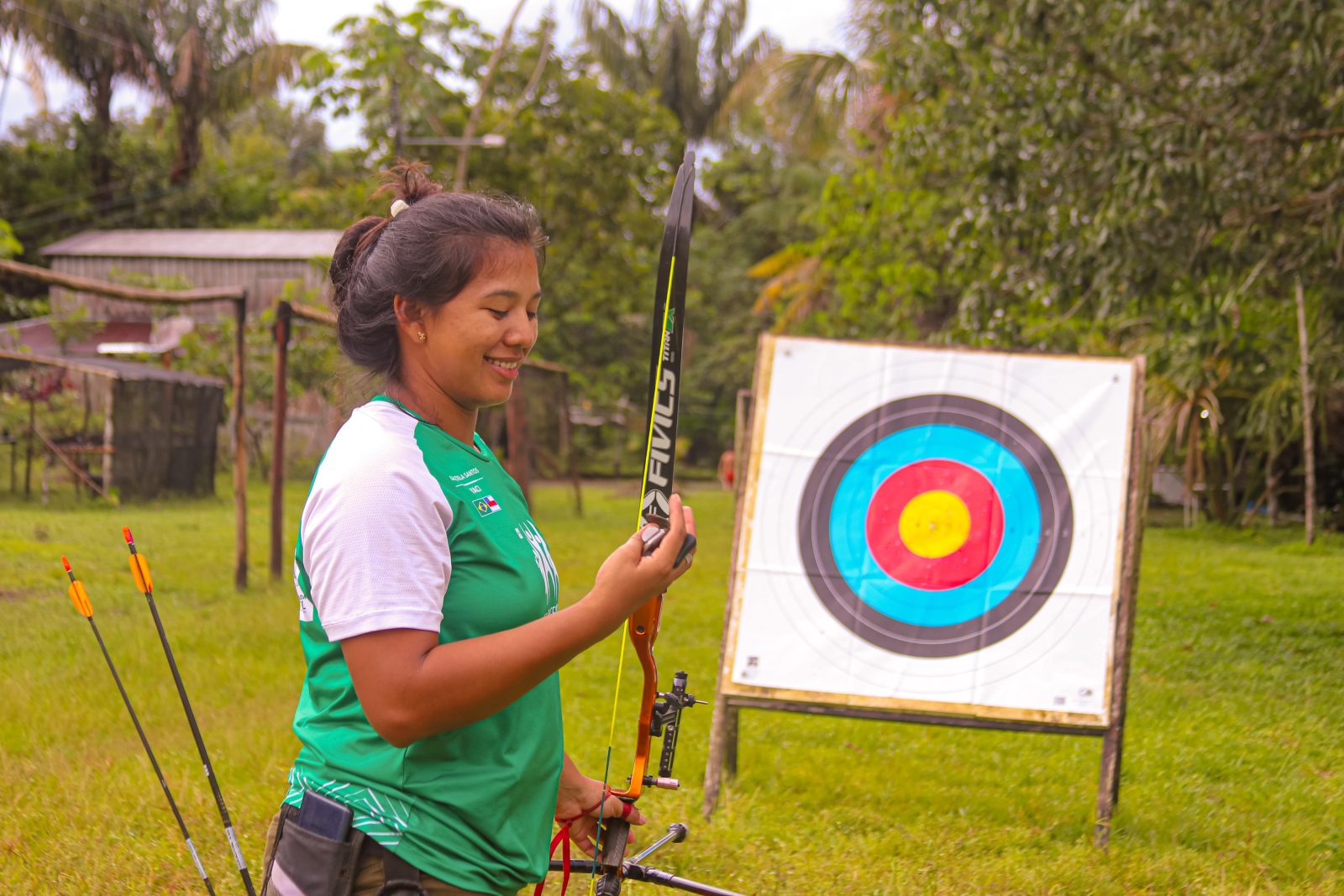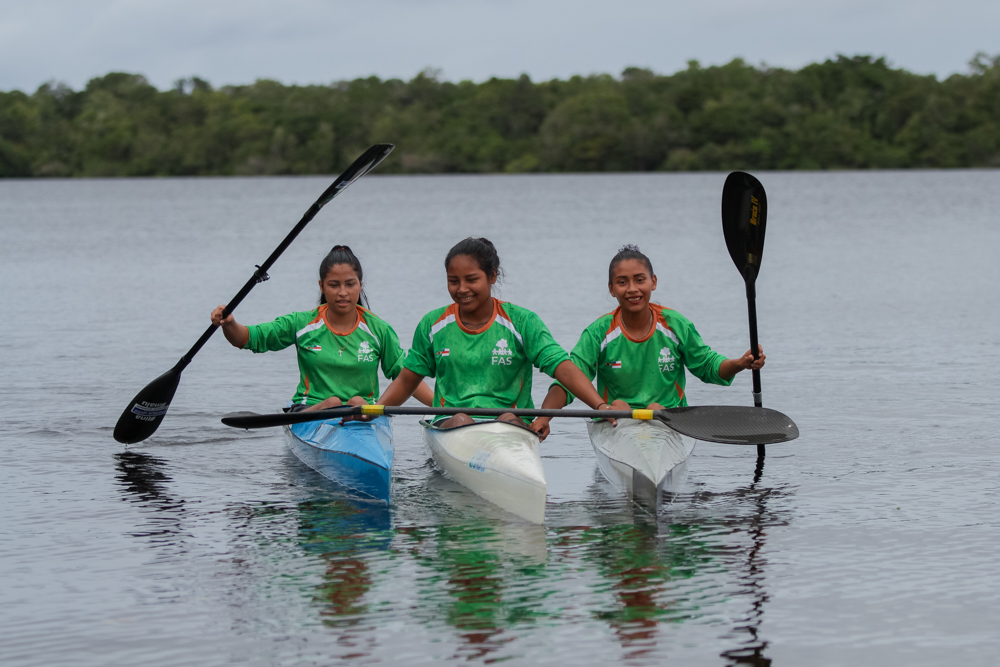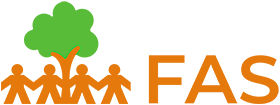FAS strengthens the cultural traditions of the Amazon and encourages the practice of regional sports with indigenous canoeing and archery projects. 105 indigenous athletes have already been supported by the foundation and have won 54 medals in 22 sports championships
Indigenous cultures are the basis of Amazonian identity. First inhabitants and guardians of the land, the peoples of the region master techniques, arts and ancient knowledge, which are still largely disqualified and ignored by society. Caring for the Amazon and its biodiversity means knowing, valuing, and learning from the ancestral knowledge and practices that remain current and help preserve the standing forest.
For 15 years, FAS has been developing and supporting projects that reinforce the cultural values of native peoples. Created by the institution, the Indigenous Archery Project trains young people in communities and Indigenous Lands (TIs) of the region to exercise archery as a sport modality. The sport is a way for current generations to reconnect or deepen their understanding of a tradition and a source of self-esteem and pride, as opposed to oblivion.
A multipurpose instrument, which serves from the everyday tasks of hunting and fishing, to religious and protection purposes, in the hands of indigenous youth, the bow and arrow gain new meanings and reveal talents, such as those of Graziela Yaci Santos. In 2019, the athlete of the Karapanã ethnicity entered history as the first indigenous woman in Brazil in Archery (the official name of the sport) in a Pan American Games.
Participant of the project since 2014, Graziela was prepared by professionals of the Amazon Federation of Archery and received support to compete in regional, national and international competitions. Among them, the 2018 South American Games in Bolivia, in which she was a gold medalist twice, and the Grand Prix of Mexico, which earned her a silver medal.
Meet the indigenous archer Graziela Santos!

Photo credit: Emile Gomes
“I feel very happy to be representing my parents, my family, my ethnicity and the indigenous peoples of Amazonas”.
Graziela Yaci Santos, indigenous athlete
Also belonging to the Karapanã people, Gustavo Santos is another athlete revealed by Indigenous Archery. In 2022, the 25-year-old who has accumulated medals in tournaments of the category was called to the Brazilian National Archery Team. “FAS is one of my main partners. They were the ones who believed in us and sent us to competitions, even when we had a low level, we competed and didn’t win anything,” recalls the athlete.
In a decade of the project’s existence, the Indigenous Archery supported 37 athletes, who participated in 21 competitions and won 52 medals and in the modality. The project has the support of the State Secretariat of Youth, Sports and Leisure (Sejel) and the Amazonian Federation of Archery (Fatarco).
A sister initiative, Indigenous Canoeing and its athletes have also been gaining prominence in tournaments in Brazil, strengthening the ties between traditional cultures and sport. In 2022, the indigenous Thais Pontes Yacitua was gold medalist on two occasions, in the Brazil Cup National Control and in the Interclub Speed Canoeing Championship, held in Minas Gerais and Bahia.
The athlete from the Kambeba people and her brothers, Antônio Weu (bronze medalist in the same competitions) and Tailo Xirir, were invited to participate in the national competition after participating that year in the 2nd Indigenous Canoeing Championship, organized by FAS in partnership with the Brazilian Canoeing Confederation (CBCa) and the Irish Embassy.

Photo credit: Samara Souza
After a year full of achievements, the young athletes’ next goal is to qualify for the Olympics. “I will train in the afternoons and mornings to see if I can make it to a World Olympics,” says Antonio.
For the supervisor of FAS’ Indigenous Agenda, Rosa dos Anjos, the results “are received with great joy, because they show us that the project is really working. We already knew about the potential of these curumins and cunhantãs and we believe in them”.
The Indigenous Canoeing project was conceived by FAS and is carried out in partnership with the CBCa. The initiative has already benefited 68 indigenous and riverine athletes from the communities Três Unidos, Nova Kuanã and São Sebastião, located in the Environmental Protection Area (APA) of Rio Negro.
Read the book “Cultural Portraits of the Archery”, a FAS publication that deals with archery as a tool to promote citizenship, self-esteem, and opportunities for indigenous peoples in the Amazon:

